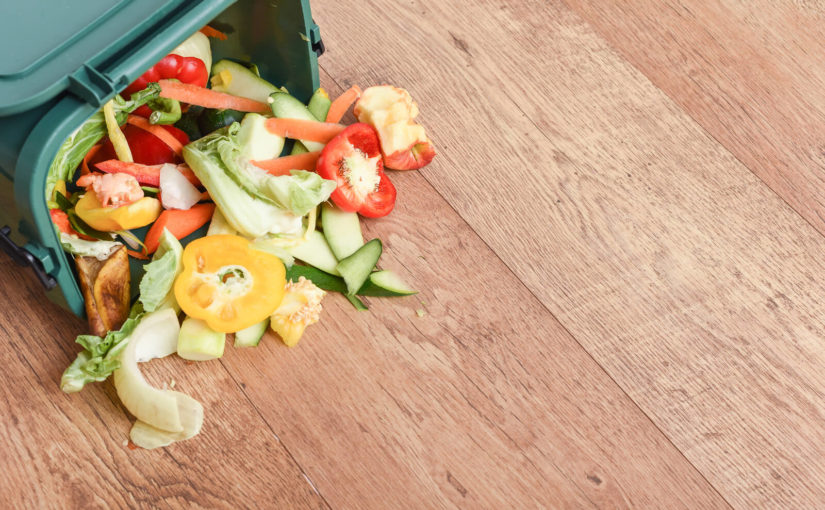Food waste is a huge problem that not many people are talking about. More than one-third of all food produced globally is wasted or spoiled. In fact, food can be wasted before it is even sold.
For example, if fruit and veg are misshapen, marked, discoloured or oddly sized, there’s a chance they don’t meet customer standards. This results in them being thrown away before even leaving the farm or where they have been produced. Unfortunately, sometimes food goes off during transportation, which means it has to be discarded as it is not suitable to consume.
People throwing away their food is one of the most common reasons for food waste, and over 1.3 billion tonnes of food is wasted every year. From not understanding the difference between best before and use by dates, to people overbuying, there is a lot of food waste that can easily be avoided.
Below are a few tips on how to reduce food waste and save money.

What you can do
Shop smart
Planning your meals is key to reducing food waste. If you create a meal plan for each week, then you will know the specific ingredients you need, so you won’t end up with masses of food that you will not eat.
As well as planning meals, make sure to plan your shopping trip. Only buy the ingredients on your list, as tempting as it can be to fill the trolley with different things on offer, stick to the list. It has been argued that the best way to shop to reduce food waste is to do small and often shopping trips rather than one big weekly shop.
Control your portions
Portion sizes can be tough to determine, but we tend to create huge portion sizes and throw anything left away. You should make an appropriate portion to satisfy your hunger. It is better to make a smaller amount of food. Then, if you’re still hungry, you can make more after.
If you have leftovers, don’t throw them away. Save them for the next day, for lunch, or dinner! In some cases, you may be able to freeze your leftover portions for a later date (as long as it is safe to do so). Check here for a guide on what you can freeze.
How to store your food
It is important that you store your food in the right place to ensure it doesn’t go off before its use-by date.
Some food must be kept in the fridge to keep it safe and fresh for longer, these are foods with ‘use-by’ dates and ‘keep refrigerated’ on the label. Typically, you will find that these are meats, milk, and ready meals.
Tinned goods usually have an extended date on them so that they can be stored in a dry place such as your kitchen cupboard. Storing fruit and vegetables can be very confusing, so find out where the most common fruit and veg are stored to keep it fresh.
Keep track of what you throw away
To reduce food waste, it is a great idea to keep track of what you are throwing away. It may be that you notice a recurring item you keep throwing away, whether it is because it has gone out of date or because you didn’t use it.
Tracking your food waste ensures when you next go to the shop, you won’t buy items that you are not going to use.
Date checking is vital to avoid food waste, do not just throw away an item because you haven’t used it. If it is still in date, it could be frozen to use in the future or donated to a foodbank.
